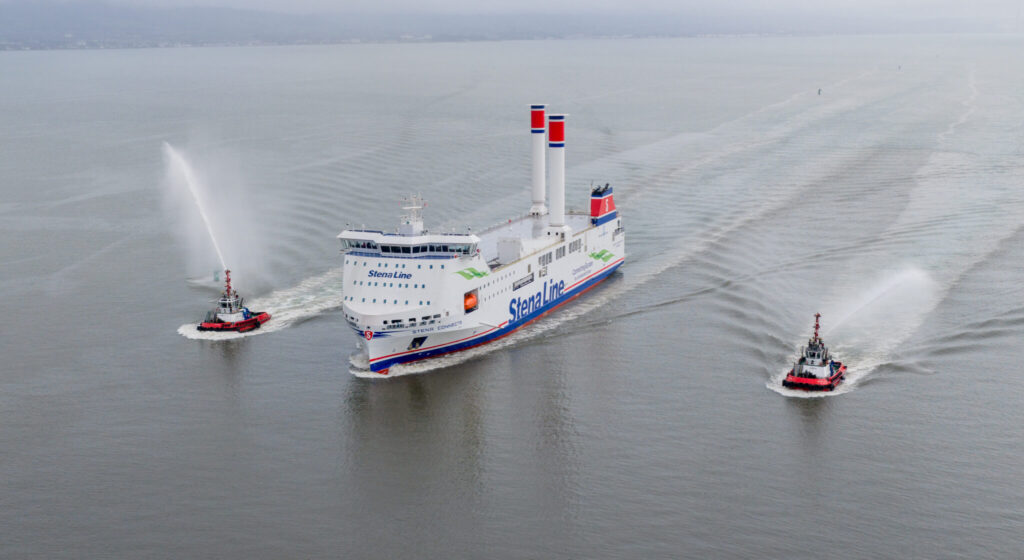The Ocean Conservation Trust’s ongoing efforts to bring vital marine life back to southern England’s coastal waters has reached another milestone.
A further 100 seagrass pillows have been deployed to the Jennycliff Bay site, each with around 40 healthy seagrass plants. In total, this latest development will add a further 2,500 square metres of seagrass to the project, bringing the total coverage up to more than three hectares.
Work forms part of the LIFE Recreation ReMEDIES project, a £2.5million, four-year undertaking at Plymouth Sound National Marine Park. Restoration involves collecting seagrass seeds by hand from healthy meadows, planting and nurturing them in 100% biodegradable mats, made from cotton and hessian. These ‘pillows’ are then taken to the chosen location of a new meadow, and lowered into the water. As the material breaks down plants take root in the seabed.
‘It was exciting to be underway with this round of seagrass planting, it’s always a big team effort and we are lucky to be supported by local stakeholders. We were overjoyed to see how well the seagrass we planted last year is doing, it’s a real win, not only for the project but for seagrass and the environmental benefits it brings us all,’ said Amelia Newman, ReMEDIES Seagrass Cultivation Lead at the Ocean Conservation Trust.
‘Seagrass is a vital marine habitat, capturing and storing significant amounts of carbon and enriching the biodiversity of our seas,’ added Fiona Tibbitt, Project Manager, ReMEDIES. ‘It’s been wonderful to see the success of the recent planting in Plymouth. Seagrass restoration at a large scale is not without its challenges, and ReMEDIES will continue to trial innovative methods to build resilience in our coastal ecosystems. This achievement is shared and celebrated across the ReMEDIES partnership and it’s exciting to see what the future holds for this work.’
More on seagrass and ocean conservation:
WATCH: Eden Project seagrass video shows why plant is so precious
Image: Ocean Conservation Trust

















